Integration of Modular Construction and Technology
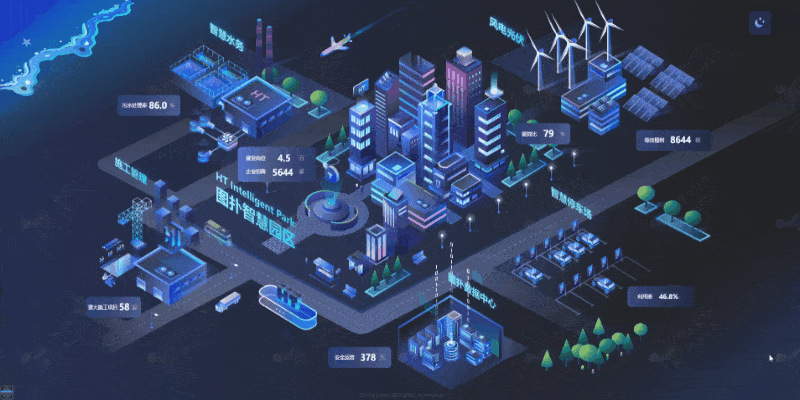
A data center is a special facility used for storing, handling, and managing lots of data. It supports various online services and applications. Data centers are heavily involved in our everyday lives. Whether it’s shopping online, doing online banking, using social media, or accessing online education, these services rely on data center support. Through fast internet connections, data centers make sure we can access these services and send data in real-time.
As cloud computing and big data technology advance quickly, the significance of data centers is becoming more apparent. They allow us to use resources efficiently and provide us with accurate information and services through analyzing huge amounts of data.
However, with the rapid development of the digital era, the traditional model of data center construction is no longer able to meet the growing demands. To address this challenge, modular construction has emerged as a new trend in data center construction. Traditional data center construction typically involves tedious planning, design, construction, and debugging processes, which are time-consuming. Modular construction, on the other hand, adopts a completely new approach. It modularizes the various functional components of the data center, completes them in a factory, and then assembles and deploys them on-site. This construction method brings many significant advantages.

Firstly,Modular construction can significantly reduce the construction period. Compared to traditional data center construction, modular construction allows most of the work to be done in factories, which reduces the time required for on-site construction. The modules in modular construction can be manufactured in parallel rather than sequentially, which speeds up the entire construction process.
Next,Modular construction improves the quality and consistency of construction. With modules being prefabricated in factories, better quality control is possible, ensuring consistency among the modules. The manufacturing process in a factory environment is more standardized, reducing human errors and inconsistencies in construction. This consistency not only enhances the reliability and stability of data centers, but also simplifies the tasks of maintenance and management.
Modular construction also brings the flexibility of data center expansion. When the demand for data center grows, it is only necessary to add corresponding modules without the need for massive restructuring of the entire data center. This flexibility enables businesses to quickly scale the size of their data centers according to their actual needs, better adapting to market changes. Modular construction also allows for customized module designs based on the requirements of different functionalities, meeting the demands of various application scenarios.
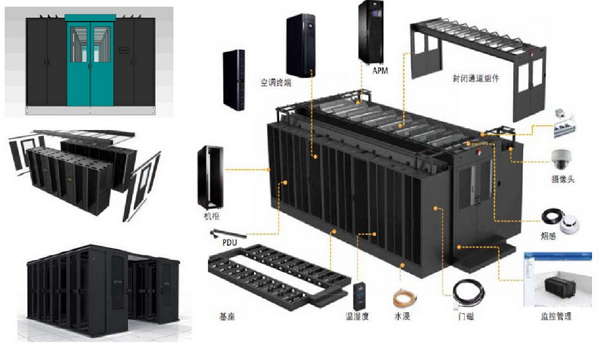
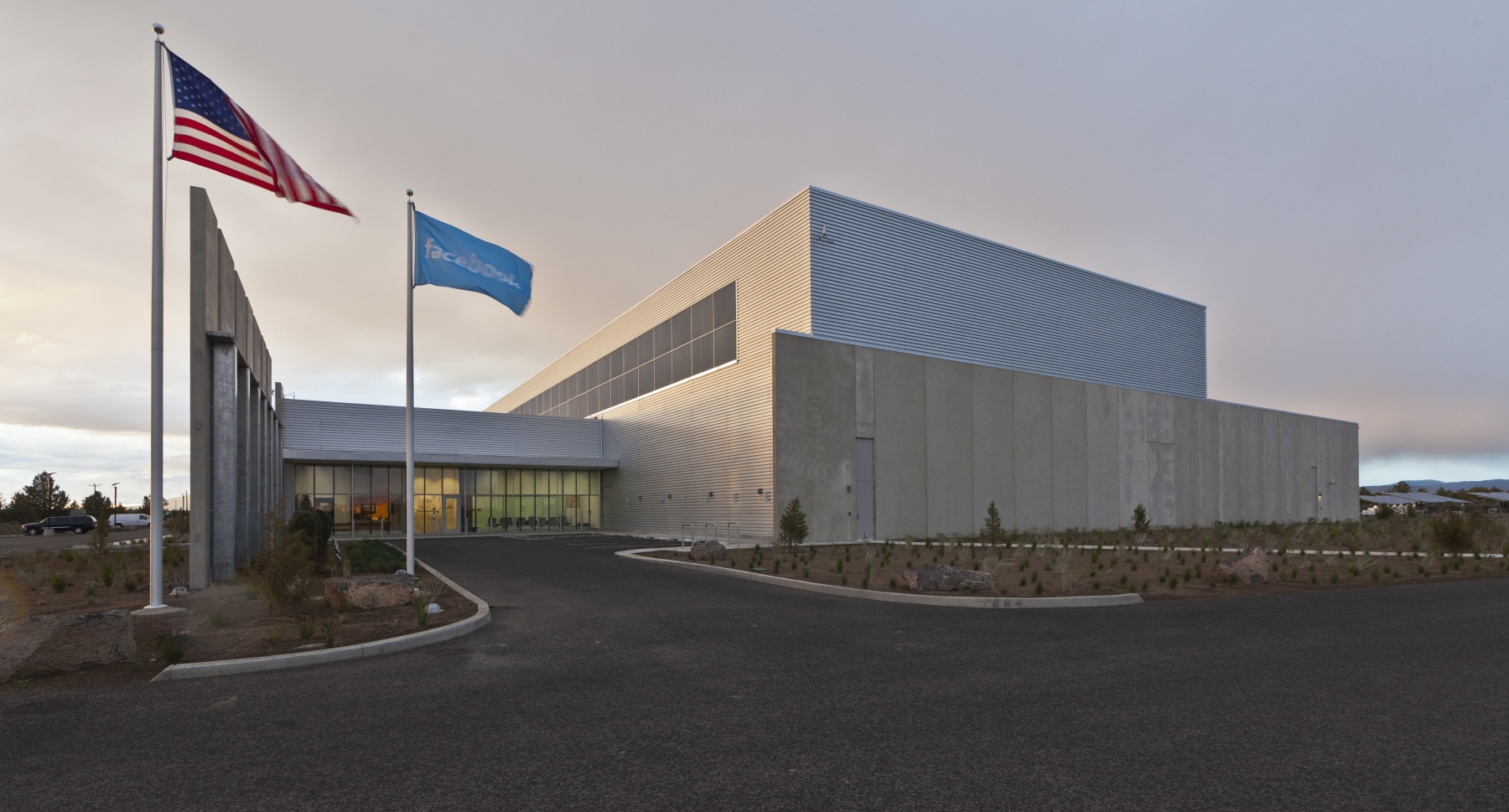
It is worth mentioning that many large technology companies have adopted modular construction to build their data centers. For example, companies like Google, Facebook, Huawei, and Tencent have constructed a significant number of modular data centers worldwide. The main reason these companies choose modular construction is its ability to offer advantages such as rapid deployment, efficient management, and flexible scalability, meeting their growing business demands. One of the largest data centers in the world, Facebook Prineville Data Center, was built using a modular construction approach. This data center utilized a method called “the timeline,” allowing Facebook to construct a data center spanning up to 335,000 square feet in less than 24 months.

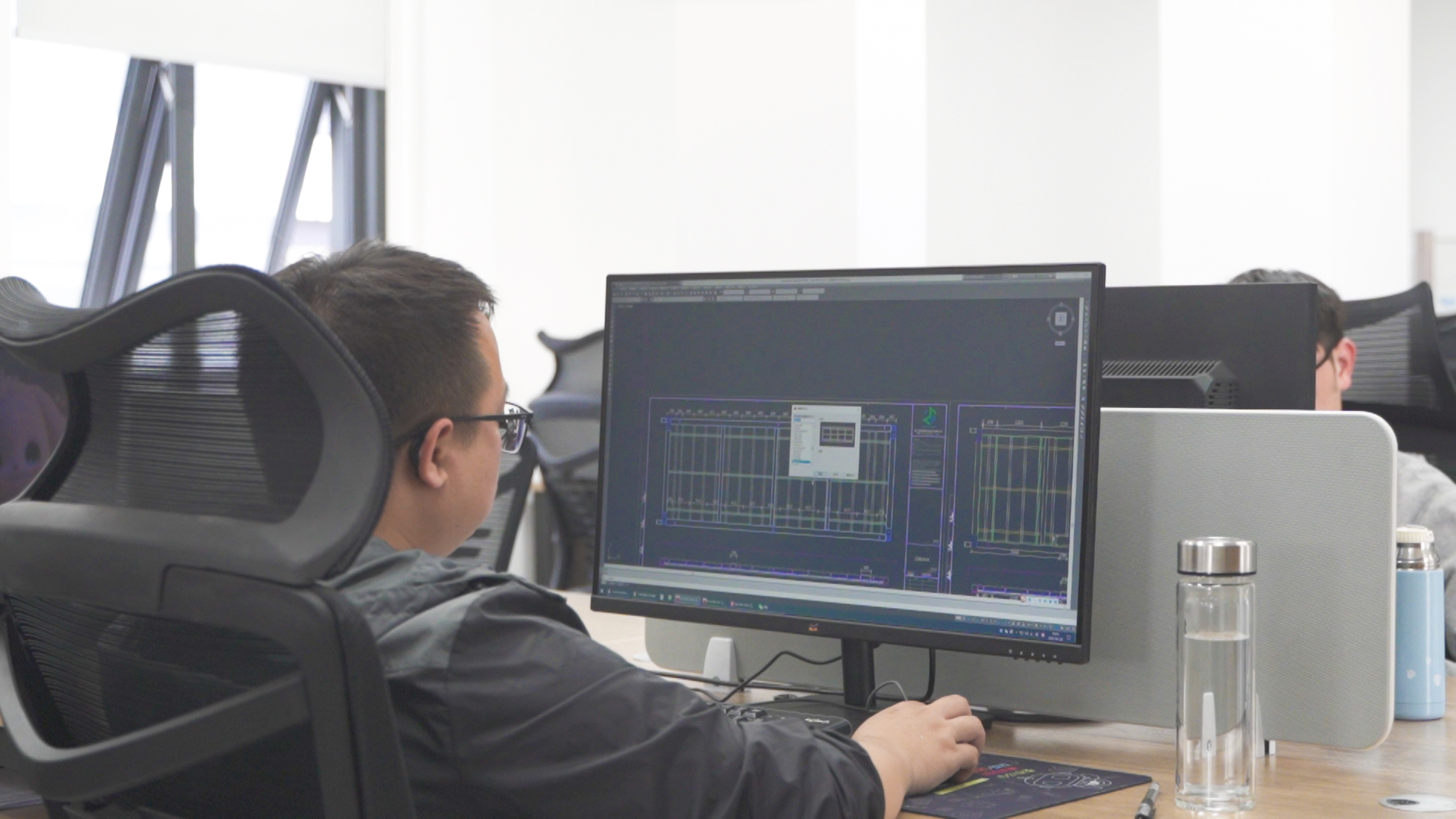
It is worth mentioning that many large technology companies have adopted modular construction to build their data centers. For example, companies like Google, Facebook, Huawei, and Tencent have constructed a significant number of modular data centers worldwide. The main reason these companies choose modular construction is its ability to offer advantages such as rapid deployment, efficient management, and flexible scalability, meeting their growing business demands. One of the largest data centers in the world, Facebook Prineville Data Center, was built using a modular construction approach. This data center utilized a method called “the timeline,” allowing Facebook to construct a data center spanning up to 335,000 square feet in less than 24 months.
It is worth mentioning that many large technology companies have adopted modular construction to build their data centers. For example, companies like Google, Facebook, Huawei, and Tencent have constructed a significant number of modular data centers worldwide. The main reason these companies choose modular construction is its ability to offer advantages such as rapid deployment, efficient management, and flexible scalability, meeting their growing business demands. One of the largest data centers in the world, Facebook Prineville Data Center, was built using a modular construction approach. This data center utilized a method called “the timeline,” allowing Facebook to construct a data center spanning up to 335,000 square feet in less than 24 months.
We take pride in not only constructing numerous data centers in the domestic market but also exporting a significant number of data center equipment cabinets to overseas markets. Our products have been highly recognized and praised by clients both at home and abroad. Our data center equipment cabinets are carefully designed and manufactured, featuring advanced technology and reliable performance to meet the needs of different clients.
Through our efforts and professional expertise, we have established a good reputation in the field of modular data center construction. We will continue to dedicate ourselves to providing excellent services and high-quality products to help our clients succeed in the digital era. Whether it is in the domestic or international market, we will expand our influence and drive progress and development in data center construction. Let us join hands and embrace the future, together creating a new chapter in modular data center construction!

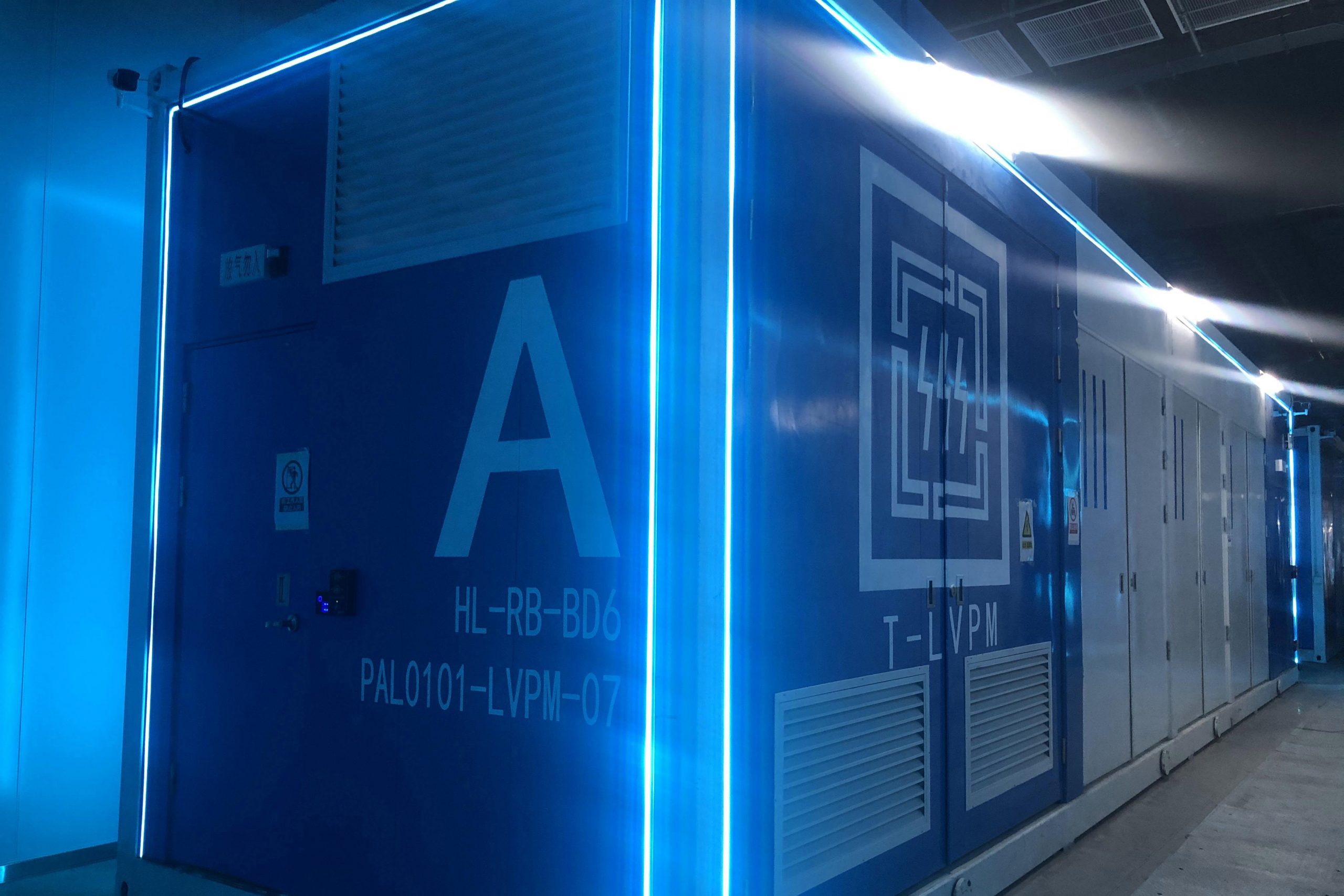
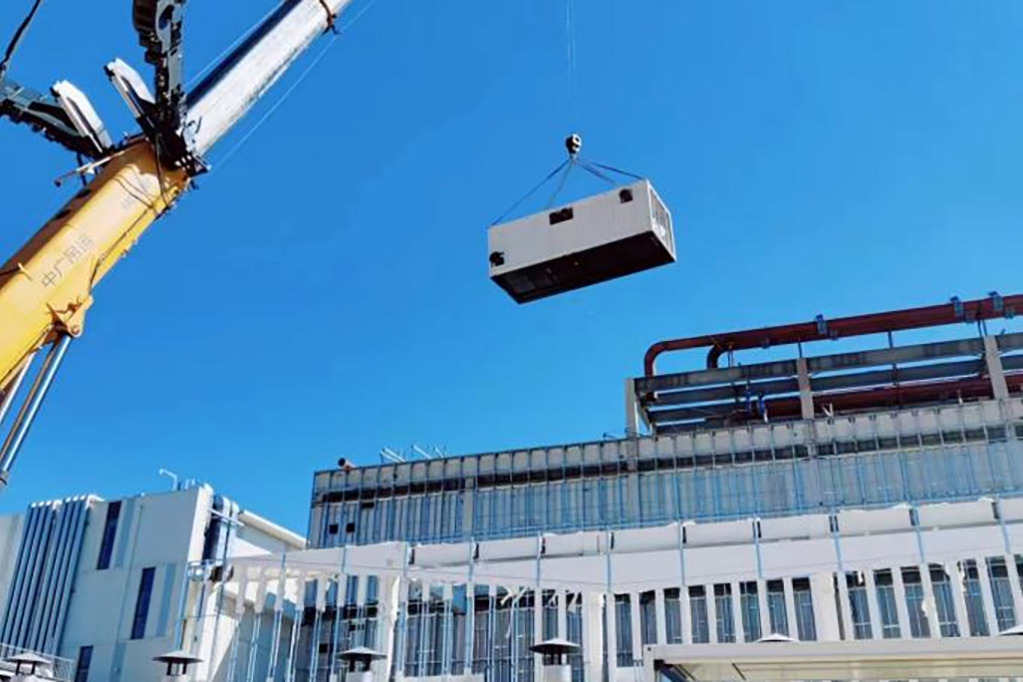
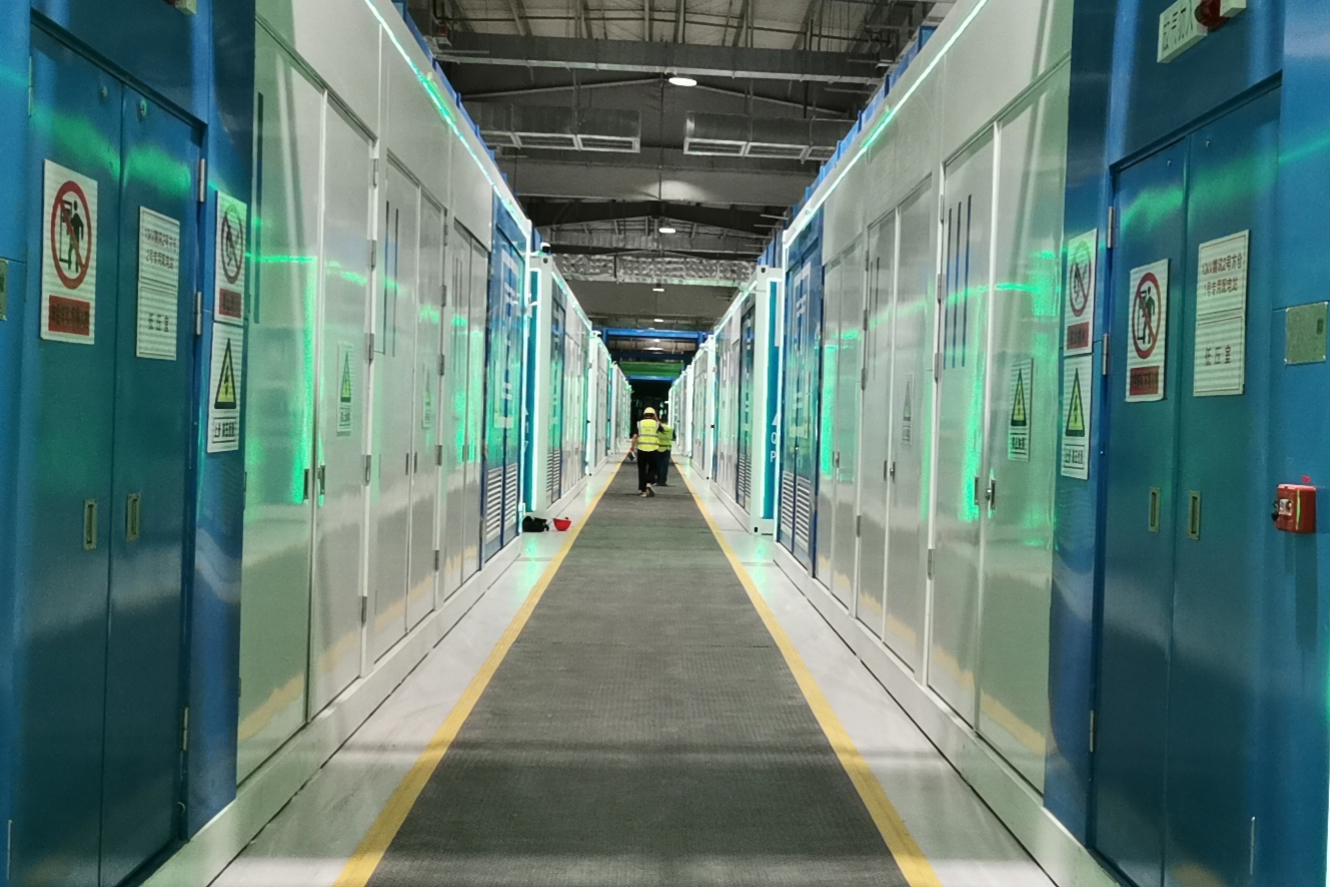
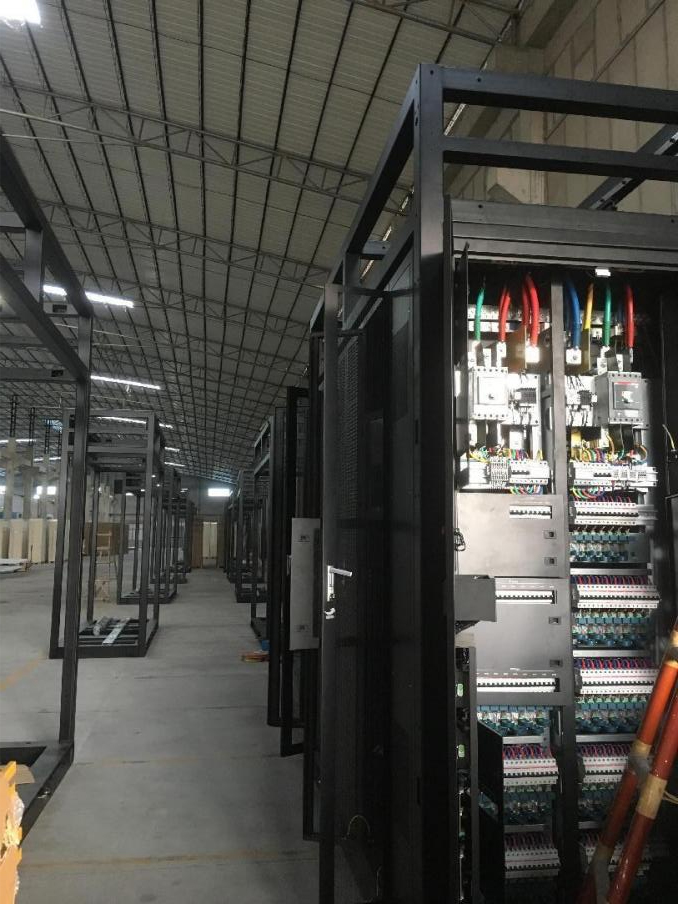
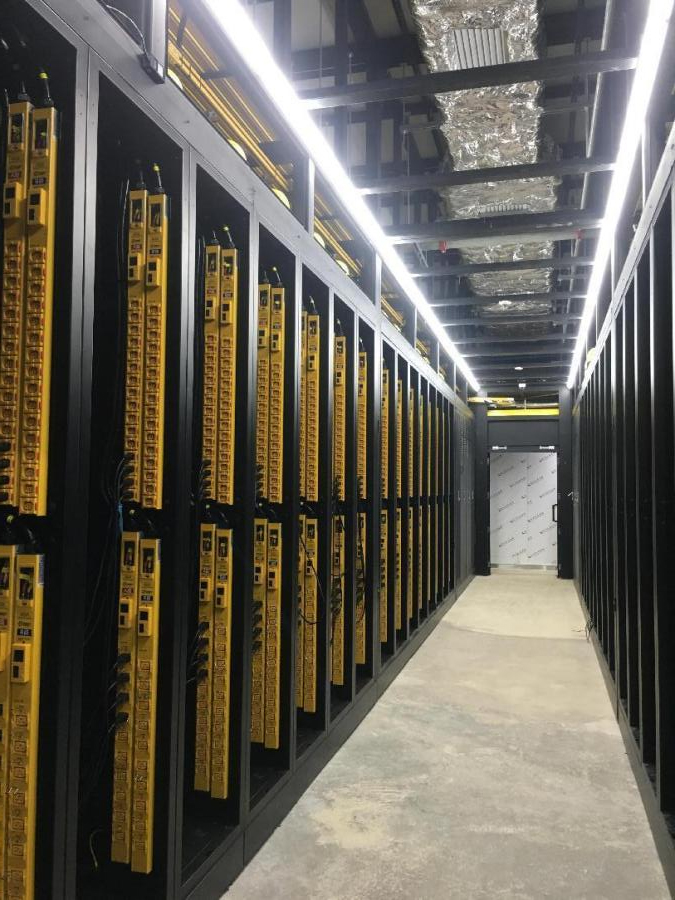
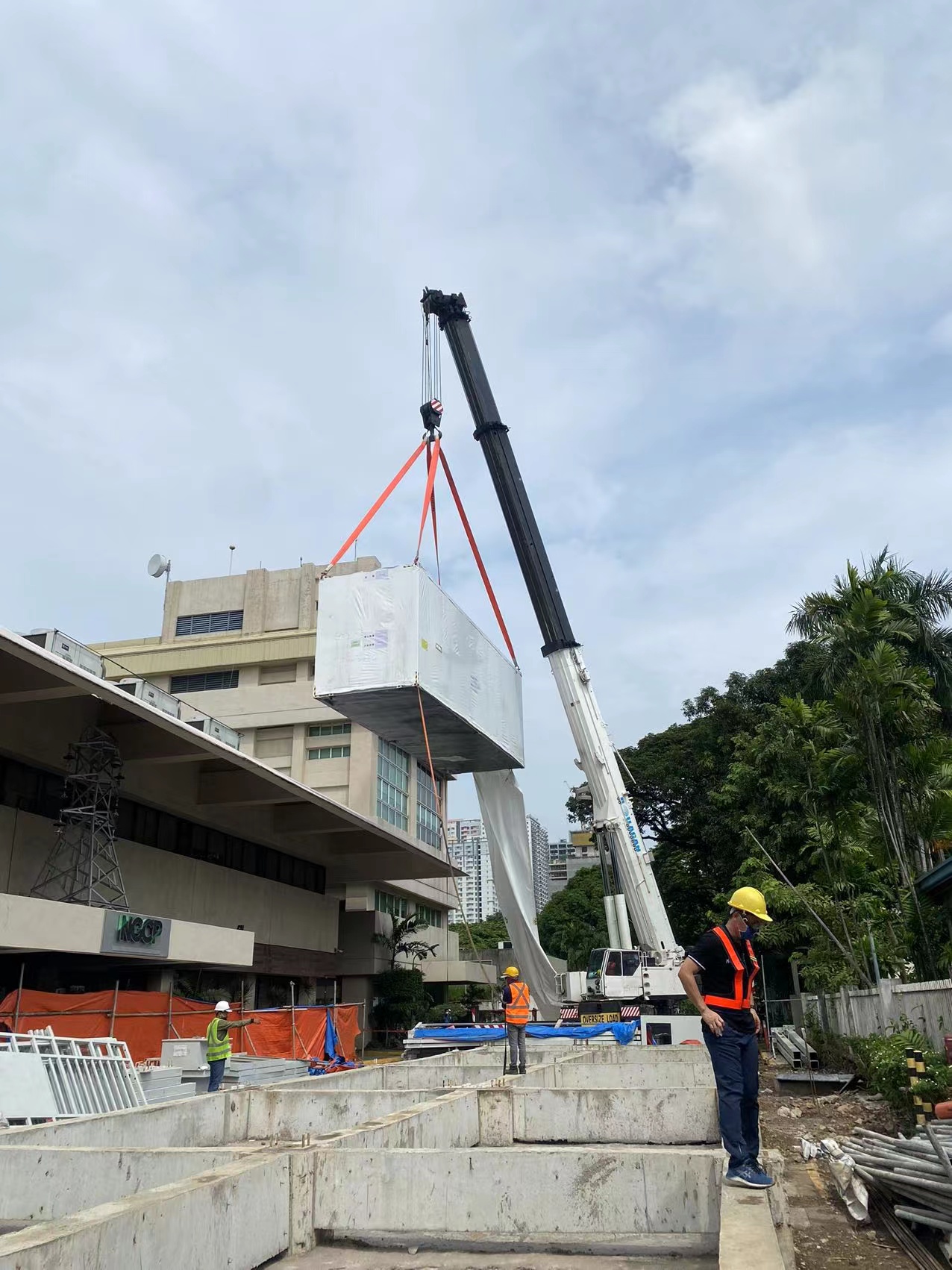
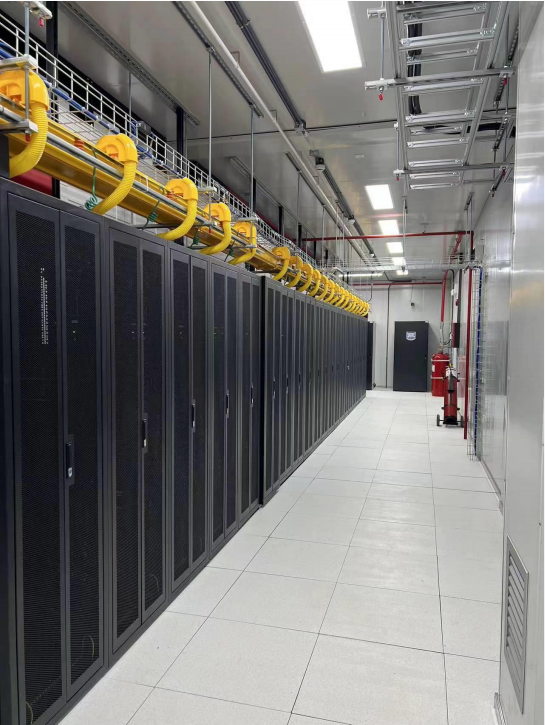
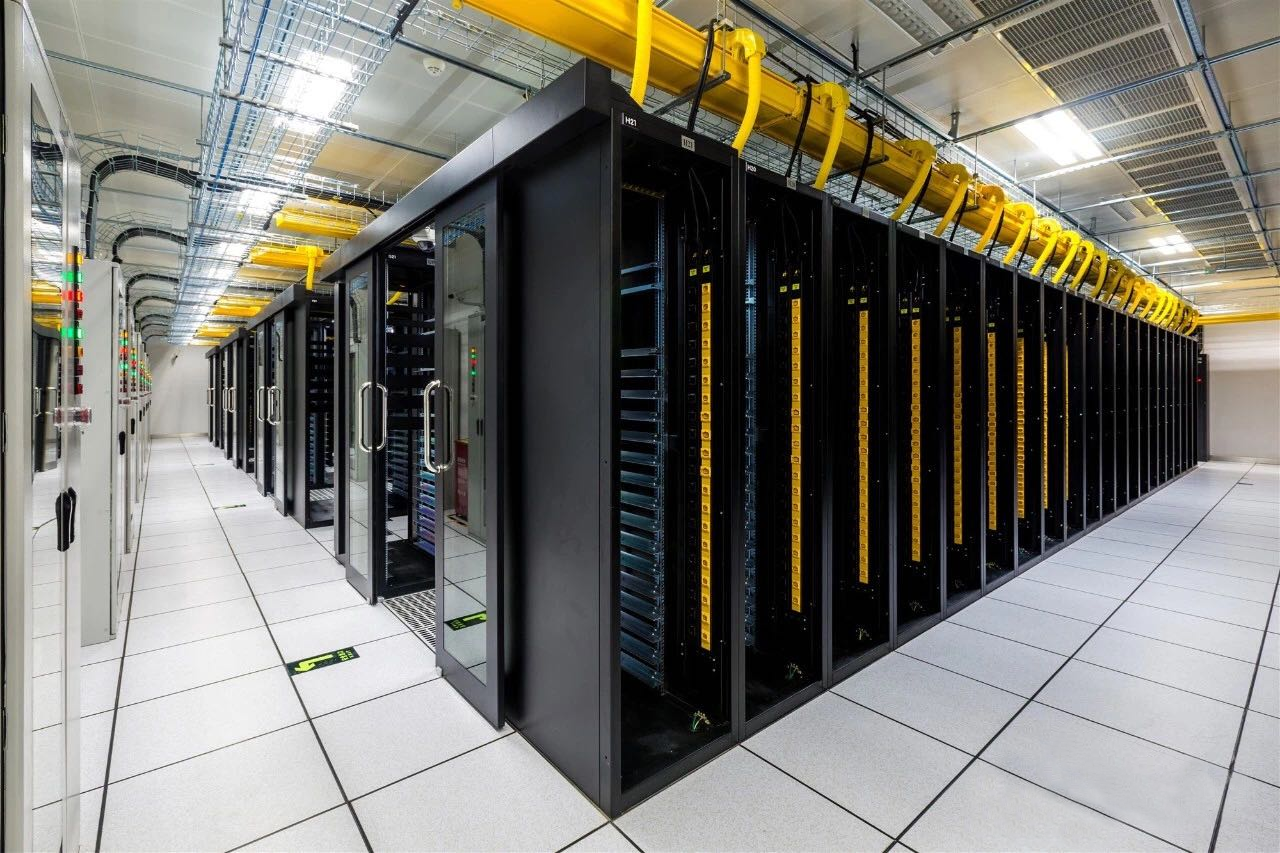
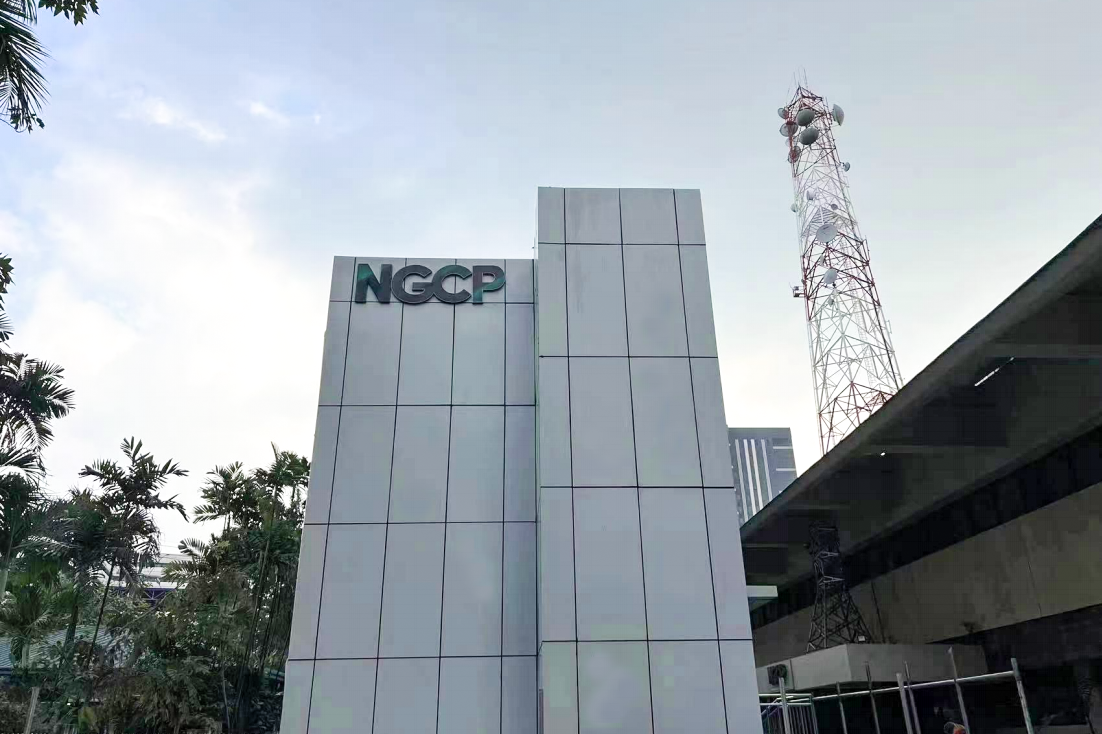
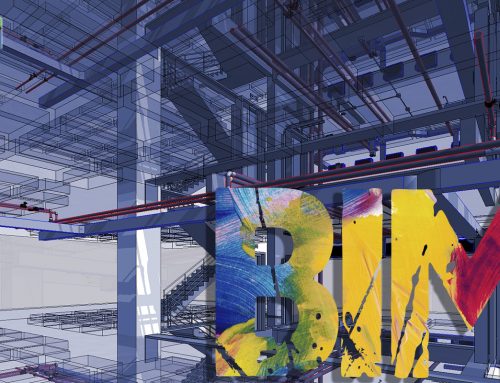
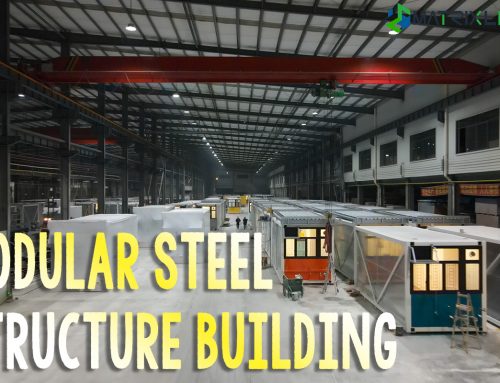
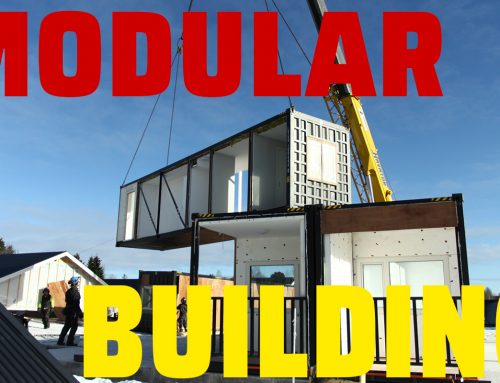
Leave A Comment